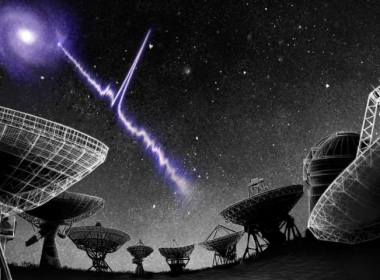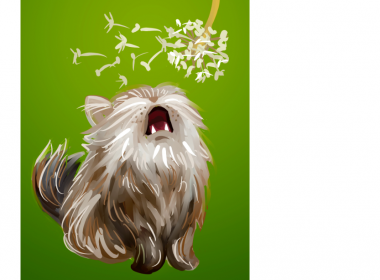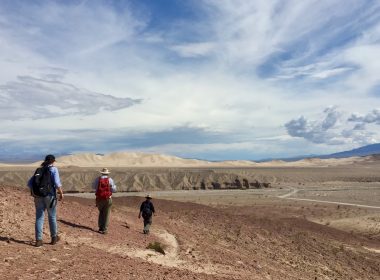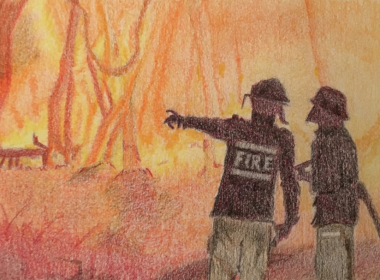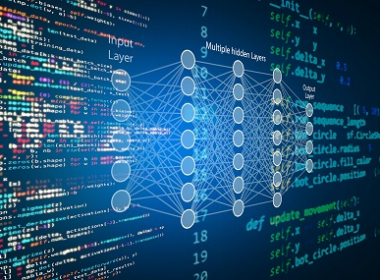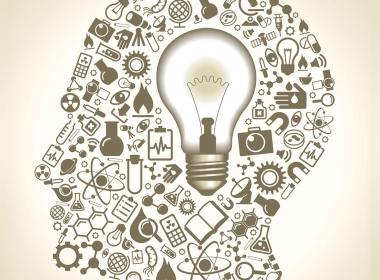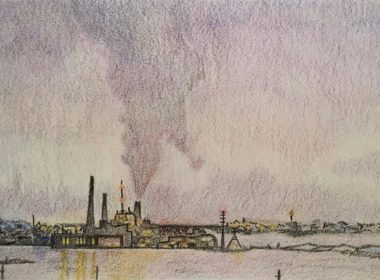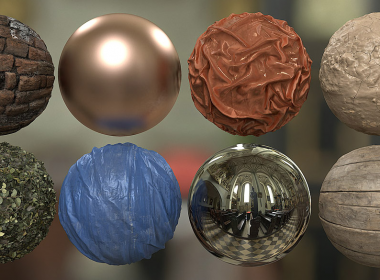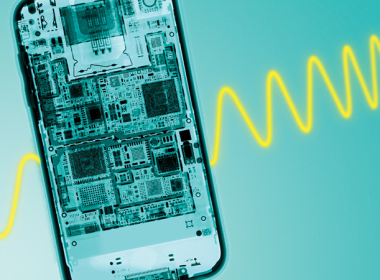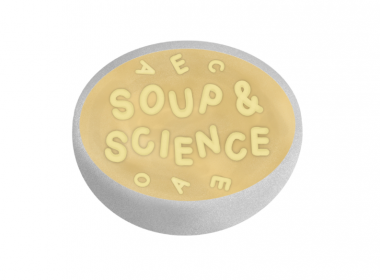On Jan. 6, McGill astronomers tracked down one of the brightest known repeating signals in the universe to a specific part of a galaxy just seven light years wide. The signal, called a Fast Radio Burst (FRB), was first detected in part by the Canadian Hydrogen Intensity Mapping Experiment (CHIME)[Read More…]
Science & Technology
The latest in science and technology.
The causes and symptoms of allergies
Allergies always seemed so simple: Here’s a list of foods and environmental factors that you should avoid, since your body treats them like enemies. Dr. Christine McCusker, an associate professor in the Faculty of Medicine at McGill, is the Director of the Division of Allergy & Immunology at the Montreal[Read More…]
Solving the mysteries of Earth’s Cryogenian ice age
Typically, one wouldn’t think to ask a geologist about the most pressing issues in evolutionary biology. Yet, for some biologists, rock formations and fossil records—which have only gained the attention of natural scientists in the last 50 years—provide a plentiful source of untapped information about the history of life on[Read More…]
The Australian wildfire anomaly
Every year, patches of Australian forests are consumed by fire, an ecologically necessary process that releases soil nutrients and stimulates plant growth. When the fire season is exacerbated by drought and high temperature, however, the devastation is so great that some citizens are forced to flee their homes. In the[Read More…]
Making room for data science in the humanities
The Centre for Social and Cultural Data Science (CSCDS) held their first Data Science Expo on Jan. 21. Among the many speakers presenting on the new and exciting roles that data science will play in the modern world was Aengus Bridgman, a political science PhD candidate at McGill. Bridgman’s lecture[Read More…]
Top advancements of the past decade
A look into the past reveals some of humanity’s greatest achievements: The discovery of fire, the domestication of animals, the invention of the car. The past decade in particular has seen large technological change. Gadgets and apps have become so commonplace that it is difficult to imagine a time without[Read More…]
Rapid urbanization is driving biodiversity decline
Humanity is currently experiencing an unprecedented era of urban growth. By 2030, more than 1.2 billion additional people are expected to live in cities, equivalent to building a city the size of New York every six weeks. A group of international scientists, including Andrew Gonzalez, a professor in the McGill[Read More…]
Image generation is rendering advertisements artificial
Decadent delicacies in food advertisements are not always what they seem to be. In these commercials, motor oil poses as pancake syrup, mashed potatoes become scoops of ice cream, and craft glue replaces milk in a bowl of cereal. Today, a rendering technique called physically based rendering (PBR) allows advertisers[Read More…]
Exploring the myth of device radiation
Phones have become an integral part of living in modern society. Used for practically every purpose, technology has consumed the lives of almost everyone with access to it. As human interactions with electronic devices increase, controversial debates over whether cell phones cause cancer have also emerged. The idea behind this[Read More…]
29th edition of Soup and Science
McGill professors presented their scientific research to crowds of students in the Redpath Museum at the 29th iteration of Soup and Science from Jan. 13–17. After snacking on complementary soup and sandwiches, writers from The McGill Tribune compiled highlights from the week. Nutrient cycling and ecosystem science Fiona Soper, assistant professor in[Read More…]
